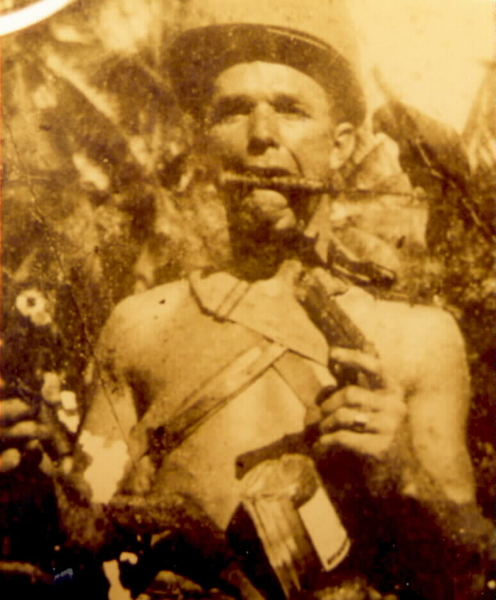It's been a little slow here of late, so here's a little something to spice up the discussion.
Motor oil.
I've used Brad Penn 20w50 in the air-cooled engines forever-- lots of zinc and phosphorous-- but not easy to get, relatively expensive, with a base oil of unknown quality (it's a dino oil). The difficulty of finding it easily was becoming cumbersome.
While doing some research for alternatives, I came across the latest Mobil 1 zinc and phosphorous product guide. I found a 15w50 Mobil 1 synthetic with 1200 ppm phosphorous and 1300 ppm of zinc. The product description says, "for HT/HS applications. Racing and flat tappet applications". This is plenty of the stuff our engines need, in a synthetic oil that is stable at much higher temperatures.
I understand that some guys don't like synthetic oil in air-cooled cars, and that there is a movement of late towards thinner oil (10w30 and the like). I'm good with that, but I'm also personally a fan of better oil. I'm also a fan of oil pressure, and as such I like something at least XXw40 weight. I understand the desireability of an oil that's less viscous at colder temperatures, which is why the 15w50 seemed to be perfect for me.
Mobil 1 may not be the undisputed champion of "Bob's the Oil Guy" and related sites-- but I've run it in everything for 20 years (on 10,000 mi. change intervals), and have never had a single lubrication related problem. The engines in my work trucks do not wear out. I like it a lot.
This oil is available everywhere (NAPA, O'Reilly, Advance, and AutoZone all carry it) for short money. I was ready to switch to Valvoline VR1 (conventional) when I found this. I just bought four 5 qt. jugs from walmart.com for $25 each. 5 bucks a quart is what I generally pay for full Mobil 1 synthetic oil for everything else I've got (work trucks, limo, Jeanie's minivan). I'm going to give this a try in the Speedster next season.
I'll let you know if it's an issue.



